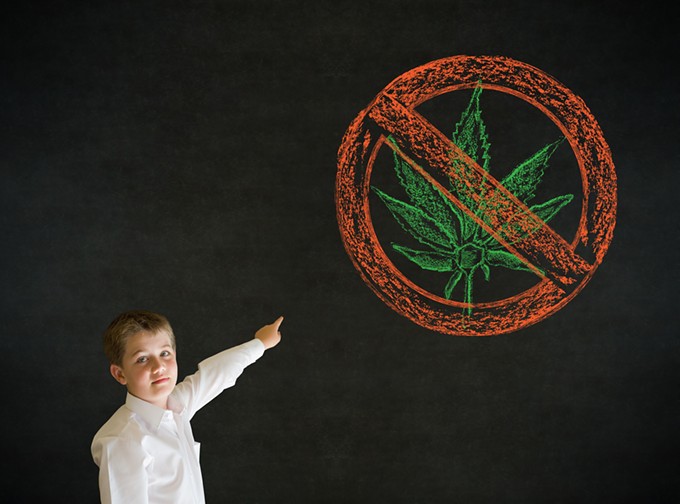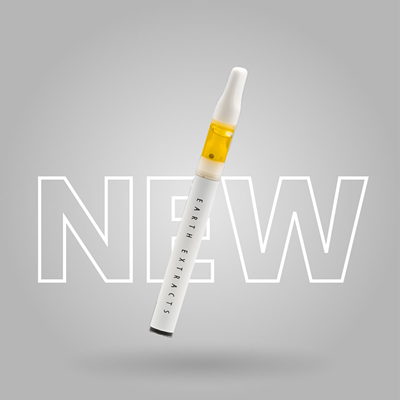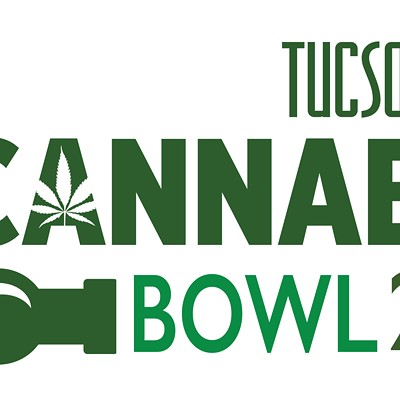More confusion arose between Arizona state agencies and marijuana this week as the Arizona Department of Child Services updated its policy concerning CBD extracts.
Since 2011, the DCS has had a policy in place barring marijuana users from becoming foster parents. This week, however, they've made an exception for those who use CBD extracts with one caveat: The products mustn't come from an Arizona-regulated retailer.
This issue grew out of a Phoenix lawyer's foster application for a 16-year-old boy she had taken in. Rebecca Masterson applied for a foster-care license in September, which would provide a stipend to help alleviate the costs of raising the boy. However, the DCS denied her application based on the presence of CBD extracts in her home.
Masterson herself doesn't use marijuana in any way. She uses the CBD to help treat her 12-year-old son's violent "tics," as she refers to them on her blog. Even though Masterson doesn't use CBD herself, and CBD does not produce the high associated with THC in marijuana, the DCS still determined she wasn't eligible for the stipend.
Masterson cancelled her caregiver certification, opting to purchase the CBD extracts from sources outside the state. But the federal Drug Enforcement Agency still declares CBD to fall under Schedule I, meaning products not obtained through state-regulated retailers are at risk of enforcement.
The DCS revised their policy and allowed Masterson's application so long as the CBD products were "safeguarded" in accordance with the department's guidelines.
However, that's where the contradiction comes into play. The DCS still treats marijuana patients and caregivers as second-rate citizens, not based on whether they have the certification, but based on whether they use marijuana products, THC or no THC.
Instead of simply allowing a caregivers and potential foster parents to purchase CBD products from a state-licensed dispensary, the DCS would apparently rather they purchase from unregulated retailers despite little difference in the product.
The policy simply doesn't make sense.
The only part of the issue that does make sense is the DCS director's ties to Arizona's anti-marijuana administration.
In his first article on the issue, Ray Stern of the Phoenix New Times drew a connection between DCS Director Greg McKay and staunch marijuana opponent Maricopa County Attorney Bill Montgomery.
Montgomery helped McKay get his job after butting heads with the former director, according to Stern. Gov. Doug Ducey appointed McKay following Montgomery's complaints.
Once again, the state has demonstrated its determination in punishing marijuana patients for not falling in line with traditional medicine at the expense of other issues.
Stern's article draws attention to more than 18,000 children in need of foster homes. Only 14,000 foster parents or family members are licensed to look after these children. With nearly 150,000 marijuana patients in Arizona, the state cuts off a significant number of potential caregivers.
Nothing precludes someone who uses marijuana from raising a child, let alone the fact that the application for foster parents covers far more than their medication, such as income and housing situation, vastly reducing the potential to license a less-than-ideal parent.
The nonsense of the DCS policy is matched only by the state's stance against marijuana. And in this case, there's a trail of anti-marijuana sentiment to prove it.










